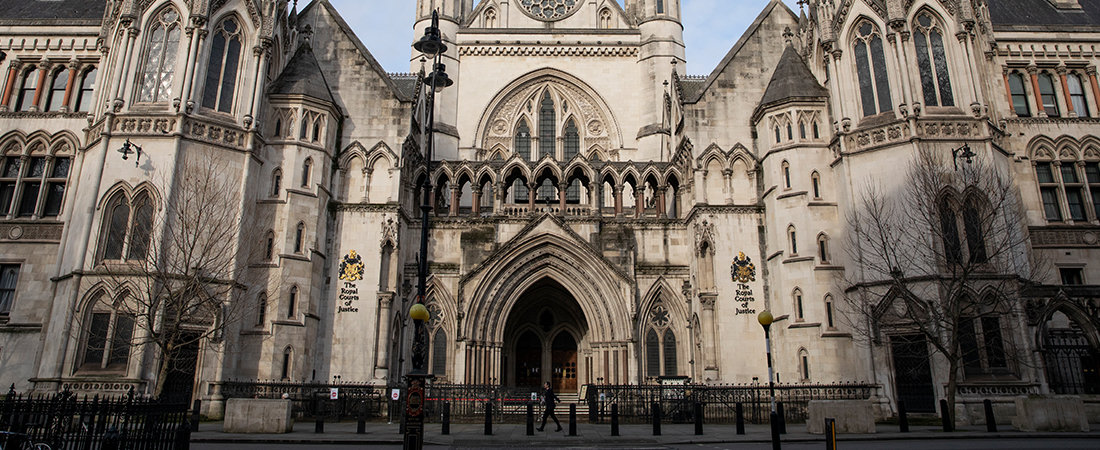As restrictions start to ease, now is a good time to think about the future.
It was reported in the Financial Times and elsewhere that UK businesses should be prepared for an increase in litigation. For many, the future could still be turbulent. We know that clients will ask for more than ever from their advisors, as they look for solutions to complex legal and reputational challenges.
This week, Portland was ranked Band One for litigation support in Chambers & Partners for the fourth consecutive year. We are pleased to be recognized again for this specialist form of communications advisory.
We thought this was a good moment to reflect on what makes litigation communications distinct. There is, we would argue, a specific skill set required to navigate the complex intersection between the law and the media.
While we don’t want to publish all of our trade secrets, here are five areas that we think are the most important!
1. The legal strategy comes first
At the core of any communications plan must be the legal strategy. It must be the North Star that guides everything.
Tensions between what is best from a legal perspective and what is best from a communications perspective often arise. This is to be expected. The law and communications have different audiences, who determine success based on different criteria. Navigating this complexity is critical.
A good communications plan should, however, be designed with sufficient flex to adapt to the twists and turns of complex litigation. We need to be agile in our thinking and able to change tack quickly.
2. Communicating within the rigors of the law requires specialist knowledge
The legal process brings with it a series of constraints and obligations, including what information can be made public and when. A knowledge of these is fundamental to planning and executing a communications strategy. A mis-step can have serious legal implications as well as being a lightning-rod for negative media. While lawyers will always be able to advise on these matters, as communications experts we seek to relieve the burden from them, especially in busy periods such as a trial.
3. Consumer understanding is a growing priority as group action increases
There are a number of significant pieces of group litigation being heard in the English and Welsh courts. Many lawyers that we speak to expect this type of litigation to increase in the coming years, particularly in the areas of data and privacy, and, more recently, COVID-19. It poses a number of interesting communications challenges because, unlike most types of litigation, it involves engaging with large numbers of consumers. This opens a whole suite of communications techniques more commonly used in consumer marketing. Data-driven audience segmentation, tailored messaging and targeted channel selection all enable you to focus in on very specific audience groups.
4. National borders are redundant
From a legal perspective, cases being heard in multiple jurisdictions can have little or no direct bearing on each other. However, the globalized nature of news and social media means that it cannot be contained by geographical borders. The complications posed by multi-jurisdictional work must be reflected in the communications strategy. This can make the tension between the right legal approach and right communications approach more acute. What is legally irrelevant in one jurisdiction may nevertheless present significant communications challenges.
5. Major courtroom moments are significant but not the only factors that shape the story
Major courtroom moments are the biggest drivers of news. However, a major trial will have many stages before that. A technical and procedural hearing can still be relevant to media if new information is available and it is presented in the right way. In a long run up to a trial, it is at these moments that we can shape the narrative.
This, neatly, brings us back at point one: communications must reinforce the legal strategy. In the long build-up to a trial there will be many legal avenues being explored, and reputational pressure, if used well, can be deployed to support them. This is the art of litigation communications.
Over many years Portland’s Disputes practice has built up significant experience working in this specialist environment. If you would like to speak to us about how we can help your clients then please get in touch: [email protected]

